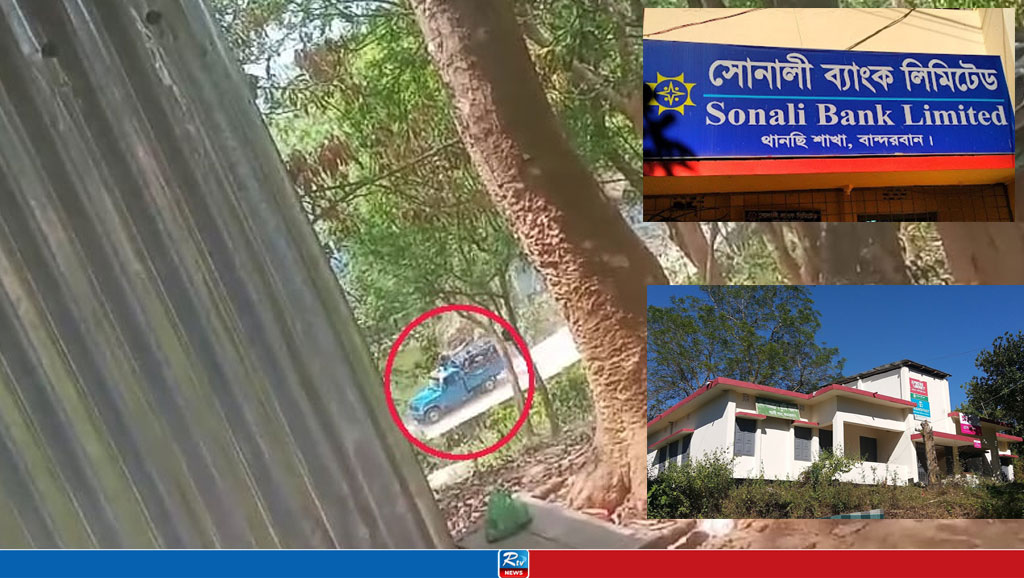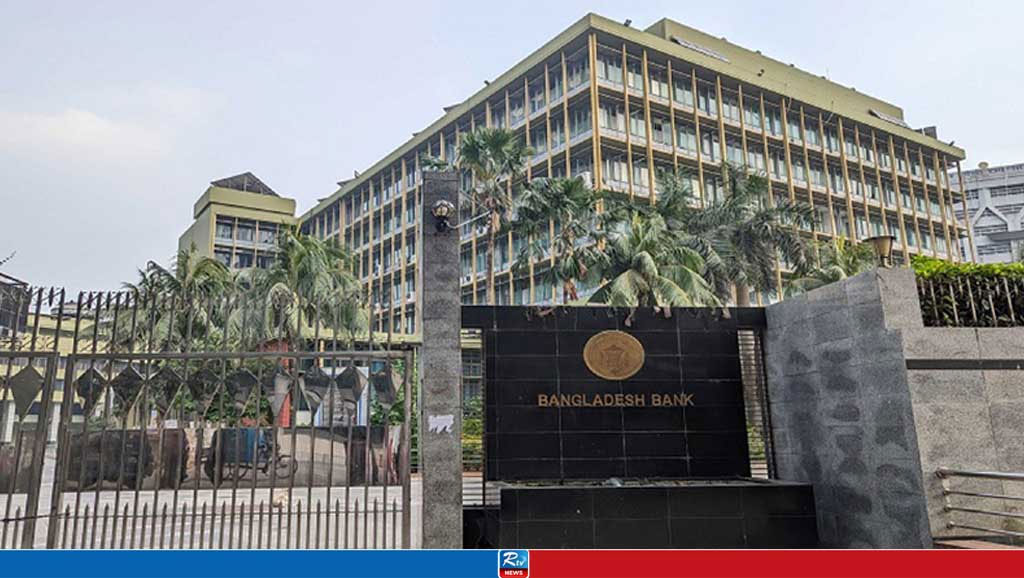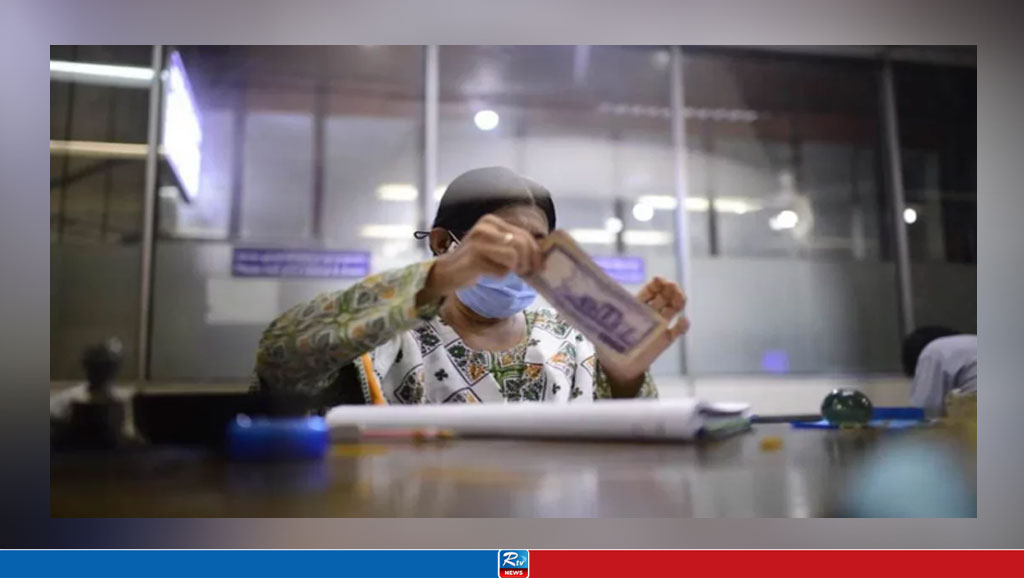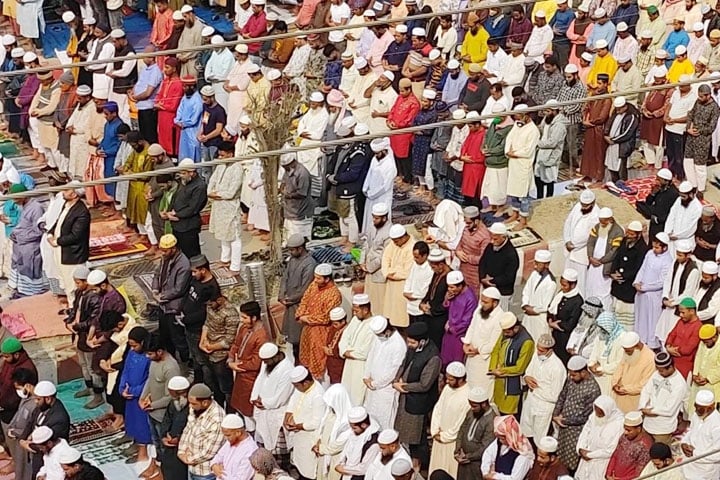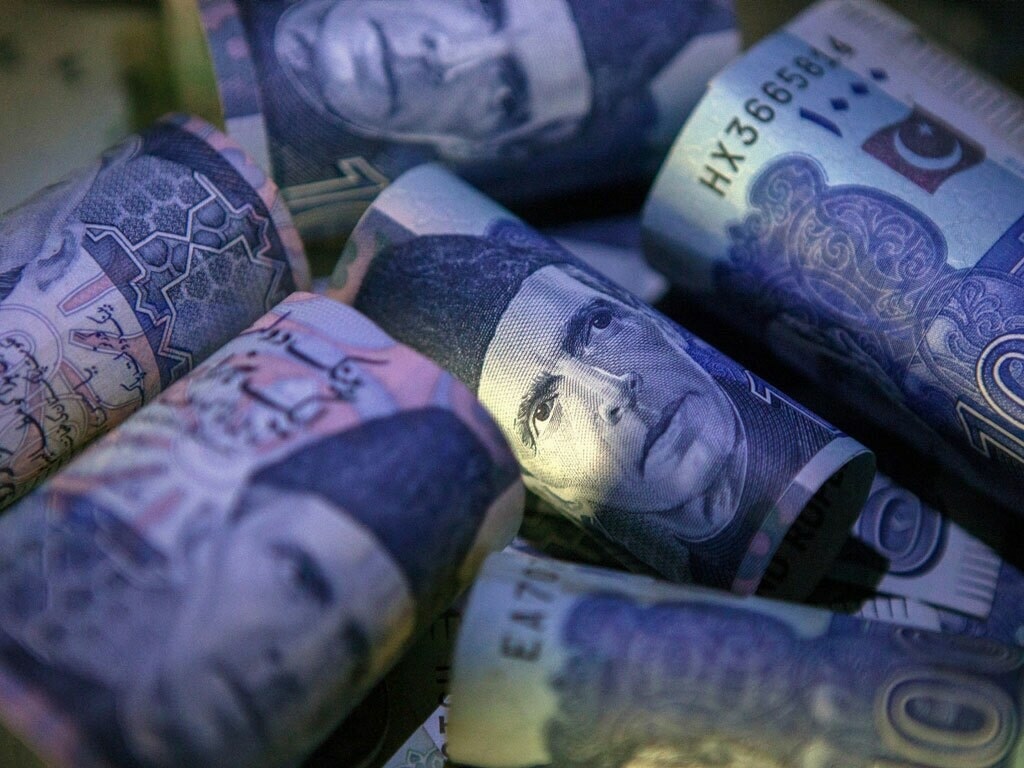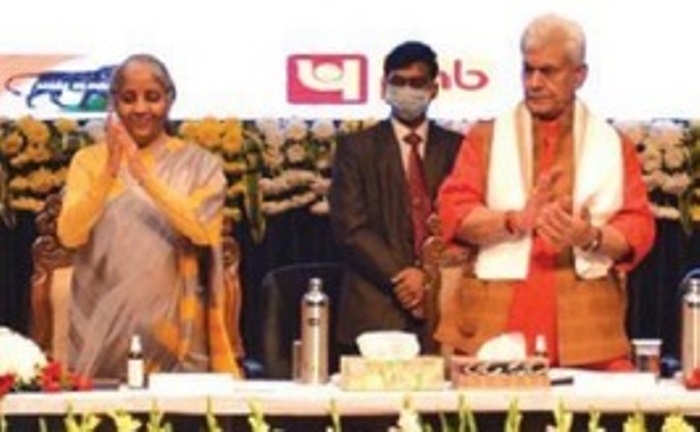Moody’s downgrades five banks
Moody’s Investors Service has downgraded the long-term deposit ratings of five Pakistani banks to Caa3 from Caa1, suggesting that the ongoing economic crisis in the country is likely to have an adverse trickle-down effect on banks.
With inflation readings at a historical high of 31.5% in January, coupled with the central bank’s benchmark policy rate at record high of 20%, has weakened the capacity of borrowers to repay loans taken from banks. Accordingly, financial institutions may see a large proportion of borrowers defaulting on repayment, which will result in an increase in non-performing loans (NPLs) and bad loans, likely to hit bank earnings, and deteriorate the quality of their assets.
Presently, the country’s cash-strapped government stands to be the single largest borrower, having taken 85% of total deposits in loans. Other borrowers include businesses and households (mainly car financing and housing finance). The government, however, has never defaulted on its repayments as it has continued to borrow more from banks to pay off its previous loans.
The five banks to be downgraded on deposit rating include Allied Bank Limited (ABL), Habib Bank Ltd (HBL), MCB Bank Limited (MCB), National Bank of Pakistan (NBP) and United Bank Ltd (UBL), according to the global rating agency.
Rating action
Along with downgrading their long-term deposit ratings, Moody’s Investors Service has also downgraded the five banks’ long-term foreign currency Counterparty Risk Ratings (CRRs) to Caa3 from Caa1.
As part of the same rating action, Moody’s lowered the banks’ Baseline Credit Assessments (BCAs) to Caa3 from Caa1, and as a result, also downgraded their local currency long-term CRRs to Caa2 from B3 and their long-term Counterparty Risk Assessments to Caa2(cr) from B3(cr).
Moody’s said that the downgrading of banks follows its decision to downgrade the government of Pakistan’s credit rating to Caa3 from Caa1 – all of which suggest that default is imminent. The agency has, however, changed the outlook to stable from negative earlier this week.
The downgrading of the banks reflects the weakening operational environment in the country, as captured by Moody’s lowering of its Macro Profile for Pakistan to “Very Weak” from “Very Weak+”; and the high interlinkages between the sovereign’s weakened creditworthiness and the banks’ balance sheets, given the banks’ significant holdings of sovereign debt securities.
The agency said that the banks’ high sovereign exposure, mainly in the form of government debt securities – that range between 36%-61% of their total assets – also links their credit profile to that of the government.
“The deterioration in Pakistan’s operating environment reflects both the rising government liquidity and external vulnerability risks, with foreign exchange reserves declining to critically low levels, as well as the high costs of living with headline inflation likely to rise further as energy prices increase in tandem with the removal of energy subsidies,” it added.
According to Moody’s, a combination of these factors, together with the high-interest rates, will dampen consumer confidence and compromise borrowers’ repayment capacity. In turn, these factors will add pressure to banks’ earnings, asset quality, and capital metrics, and also potentially jeopardise their financial stability.
Banks shine
Banks have lent some 85% of total industry deposits to the government, as the country’s leadership stays embroiled in a vicious cycle of borrowing more to repay old loans.
JS Global Research has reported that banks’ financing to the government surged 12.5 percentage points over the past one-year to 85% of total deposits (equivalent to Rs19.2 trillion) in January 2023.
Topline Securities said Pakistan’s top five private sector banks’ profit grew 18% (Rs26 billion) to reach Rs166 billion in 2022. However, their tax almost doubled to Rs194 billion in the year.
SBP injects Rs2.25 trillion
The central bank has injected Rs2.25 trillion into commercial banks for up to 77 days through open market operations (OMO) to make sure ample liquidity remains available in the system.
It injected the funds at a rate of return of 20.10% compared to 17.14% in the previous week’s OMO after the central bank increased its key policy rate to 20%.
05 Mar 2023,15:50

















 Live Tv
Live Tv
